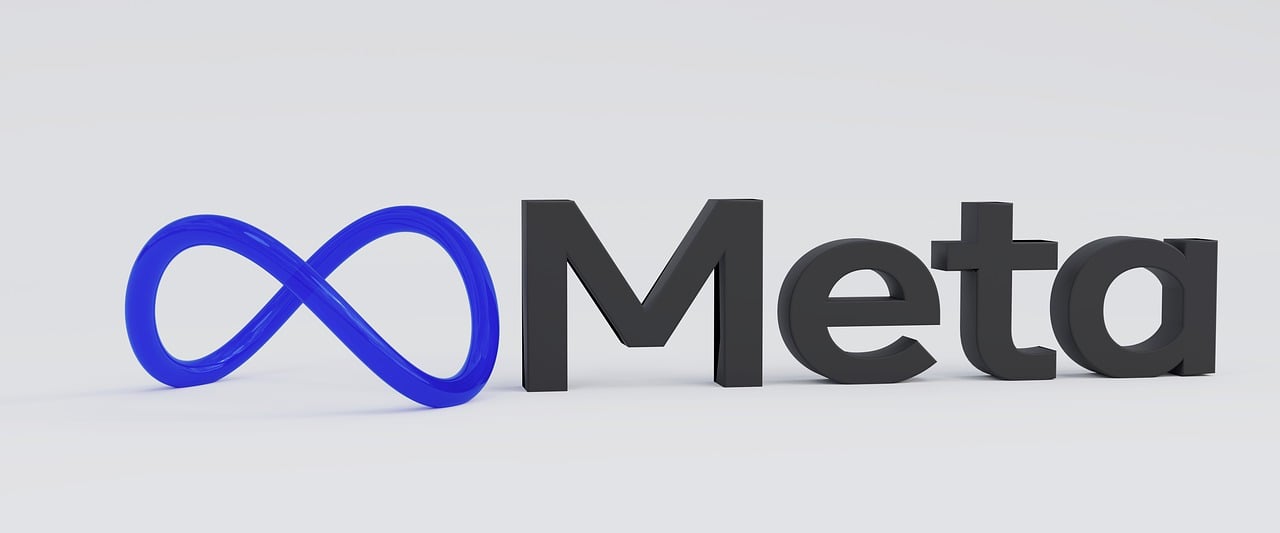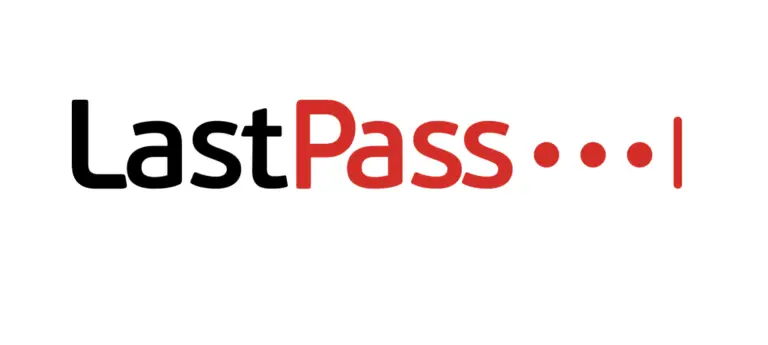
Meta has suspended its fact-checking programs and algorithms that demote false news rankings in the United States. This decision follows Mark Zuckerberg’s remarks expressing dissatisfaction with pressure from the Biden administration regarding COVID-19 content and the temporary suppression of news related to Hunter Biden’s laptop.
As part of these changes, Meta has ceased collaboration with professional fact-checkers, introduced exceptions to community guidelines for certain content, and dismantled its diversity and inclusion programs.
Algorithms that previously curtailed the spread of misinformation by more than 90% will no longer be employed. Instead, Meta plans to implement a new system allowing users to add annotations to posts, similar to the Community Notes feature on the X platform. However, details of this initiative and its timeline remain unclear.
Previously, Meta utilized machine learning to assess the likelihood of content being false, forwarding suspect posts to professional fact-checkers for review. This approach reduced the visibility of misleading publications while providing users with contextual information.
These systems proved highly effective; for instance, 95% of users refrained from engaging with posts carrying warning labels. In March 2020, Meta reported that such labels had been applied to 40 million posts related to COVID-19. Nonetheless, critics argued that the moderation system made numerous errors and severely infringed upon freedom of speech.
Content verification and the analysis of viral posts will now rely solely on the efforts of independent researchers, journalists, and legislators. However, the deactivation of CrowdTangle, a tool previously used to monitor trending posts, will complicate the tracking of misinformation’s spread.
While these changes currently affect the United States, they may gradually be extended to other countries. It remains uncertain what additional control mechanisms Meta might disable in the future.
Abandoning effective measures to combat misinformation risks deepening societal mistrust and polarization. Technologies capable of countering falsehoods require not elimination but more responsible development to maintain a delicate balance between freedom of expression and protection against manipulation.


